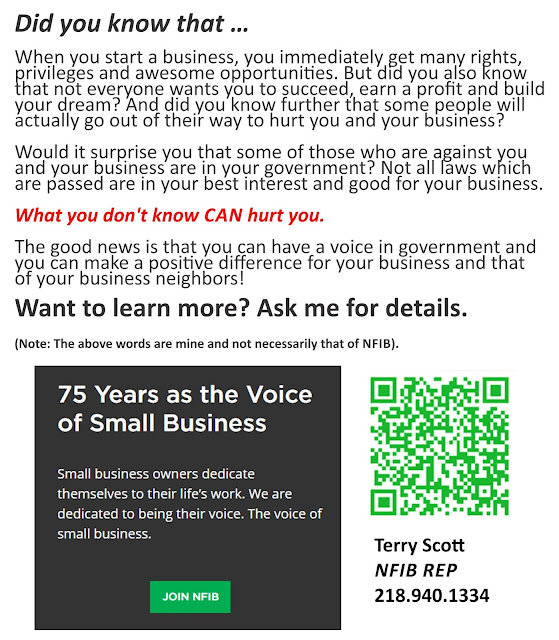4 Major Issues Small Business Owners need to Watch in 2020
$15 Minimum Wage
In 2019, the Raise the Wage Act legislation, which would rapidly increase the federal minimum wage to $15 per hour by 2025, was introduced in the U.S. House and Senate. The NFIB Research Center studied the economic effects of enacting this legislation and found that it would lead to more than $980 billion in real gross domestic product loss over 10 years and 1.6 million fewer jobs in the U.S. in 2029, with nearly 700,000 of those from businesses with fewer than 100 employees.
While the U.S. House passed the legislation in July 2019, it is unlikely that Senate Majority Leader Mitch McConnell will take up the bill. NFIB will continue to monitor the issue throughout the year.
Medicare for All
One of the biggest policy stories coming out of 2019 and into 2020 is the proposal for a single-payer healthcare system, sometimes referred to as Medicare for All, and how much the system would cost and how it would be funded.
NFIB believes that small businesses deserve health insurance that is affordable, flexible, and predictable and will continue to pursue legislative and regulatory solutions for small businesses that focus on lowering costs and increasing choices for small business owners and employees.
New Employer Mandates
In addition to Medicare for All, there are a variety of proposals for additional employer mandates, such as paid sick leave, paid family leave, and paid vacation.
The keyword with the workplace mandates is “paid,” says NFIB Government Relations Manager Jeff Brabant, who stresses that small business owners want to offer the best possible benefits to their employees but don’t have the ability to absorb huge mandated cost increases and must be able to decide what they can do with the finite budget they have.
Beyond employers, employees would also bear the brunt. For example, the FAMILY Act would be funded through a monthly 0.2 percent payroll tax paid by employees and employers.
The PRO Act
Recent legislation in Congress would reverse long-standing employment law to the detriment of small businesses.
The Protecting the Right to Organize Act of 2019 includes the elimination of state right-to-work laws, codification of the National Labor Relations Board’s expanded joint-employer standard, elimination of the use of secret ballots for union representation votes, and reporting requirements that would breach confidentiality between small business owners and attorneys and infringe upon employer-employee relationships. NFIB opposes the PRO Act and will continue to monitor it.
Join your business neighbors in strenghtening your voice in your state capital and in Washington D.C. Contact Terry Scott using the contact information below:
For the latest information on policy trends and issues, download the NFIB Engage app.
By downloading the free NFIB Engage app you can:
- Contact your elected officials to make your voice heard on small business issues
- Get national and local action alerts
- Register for events and online webinars (note that some events are NFIB member only)
- Stay informed on NFIB’s latest work for small business
- Share content easily via email, text, and social media







Comments
Post a Comment